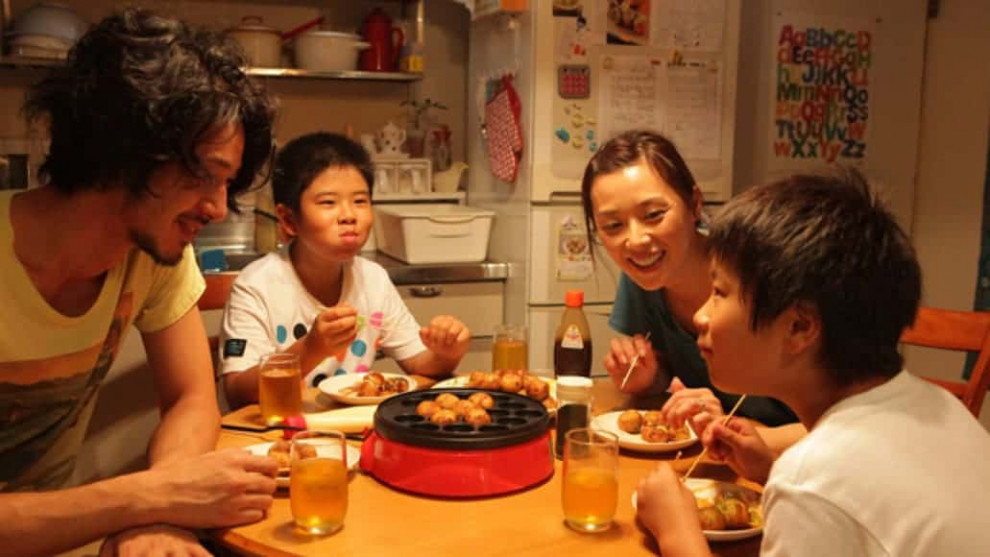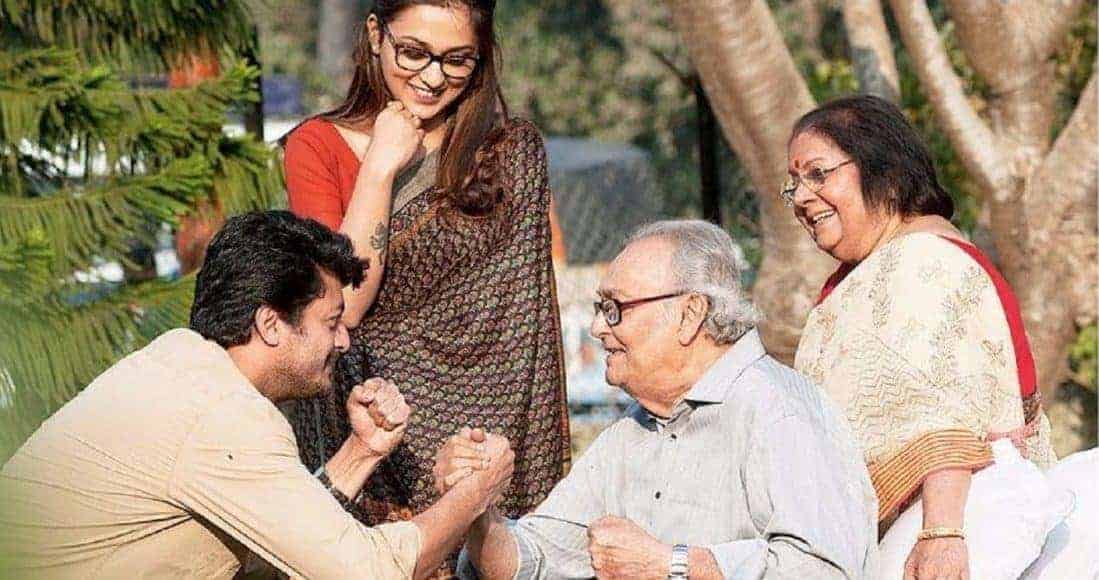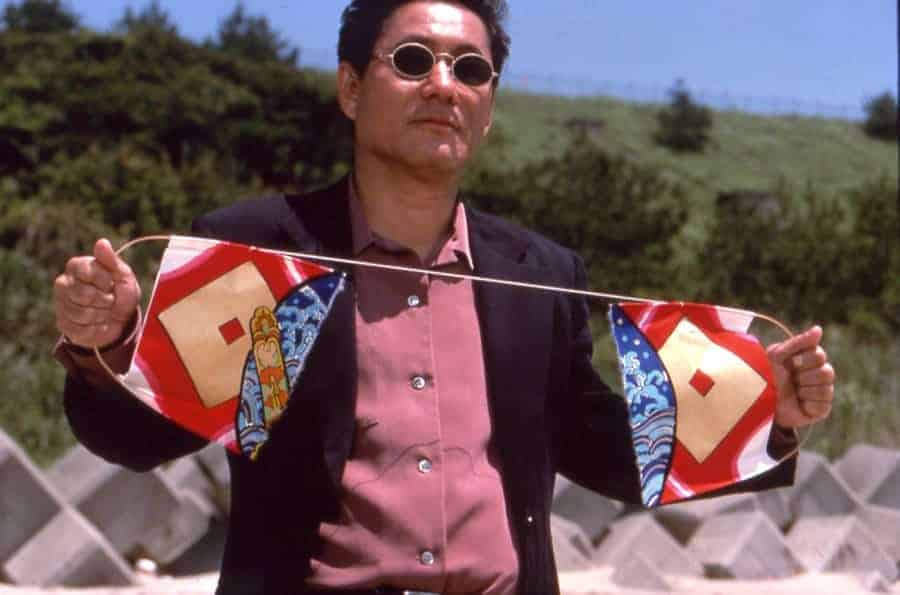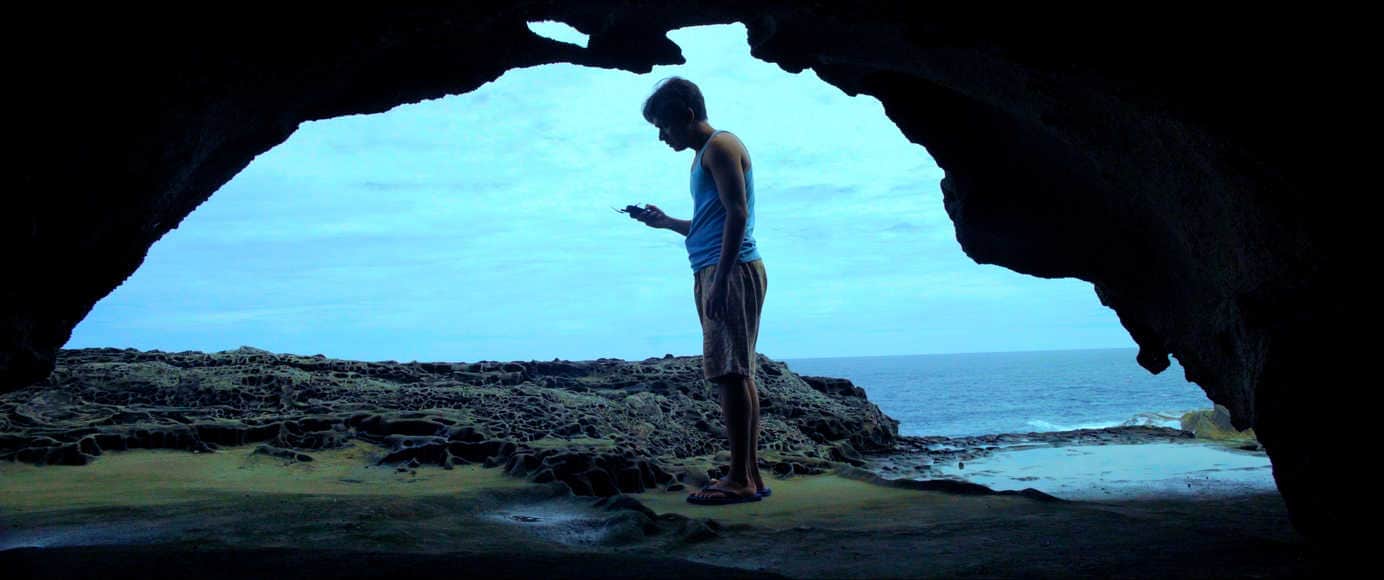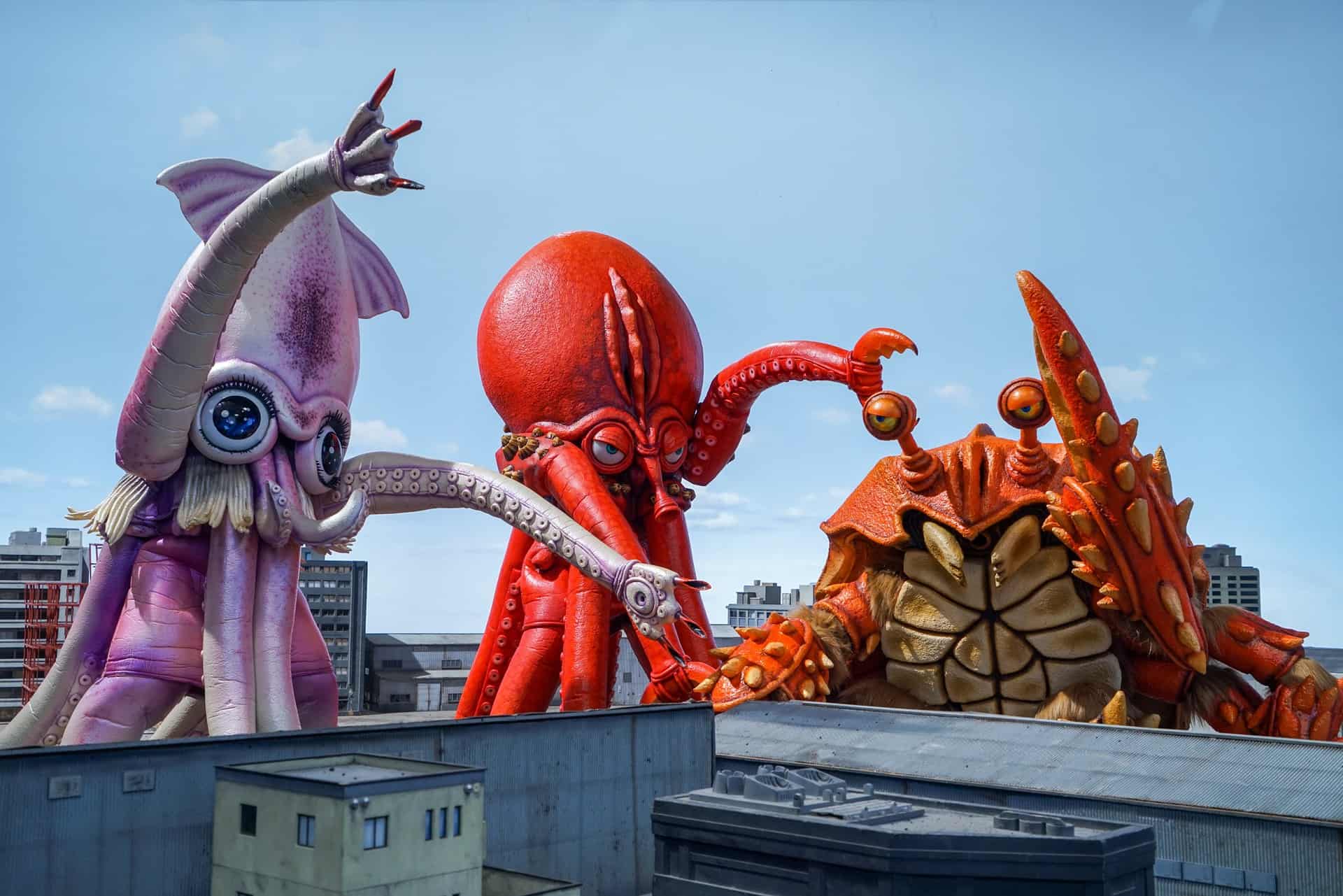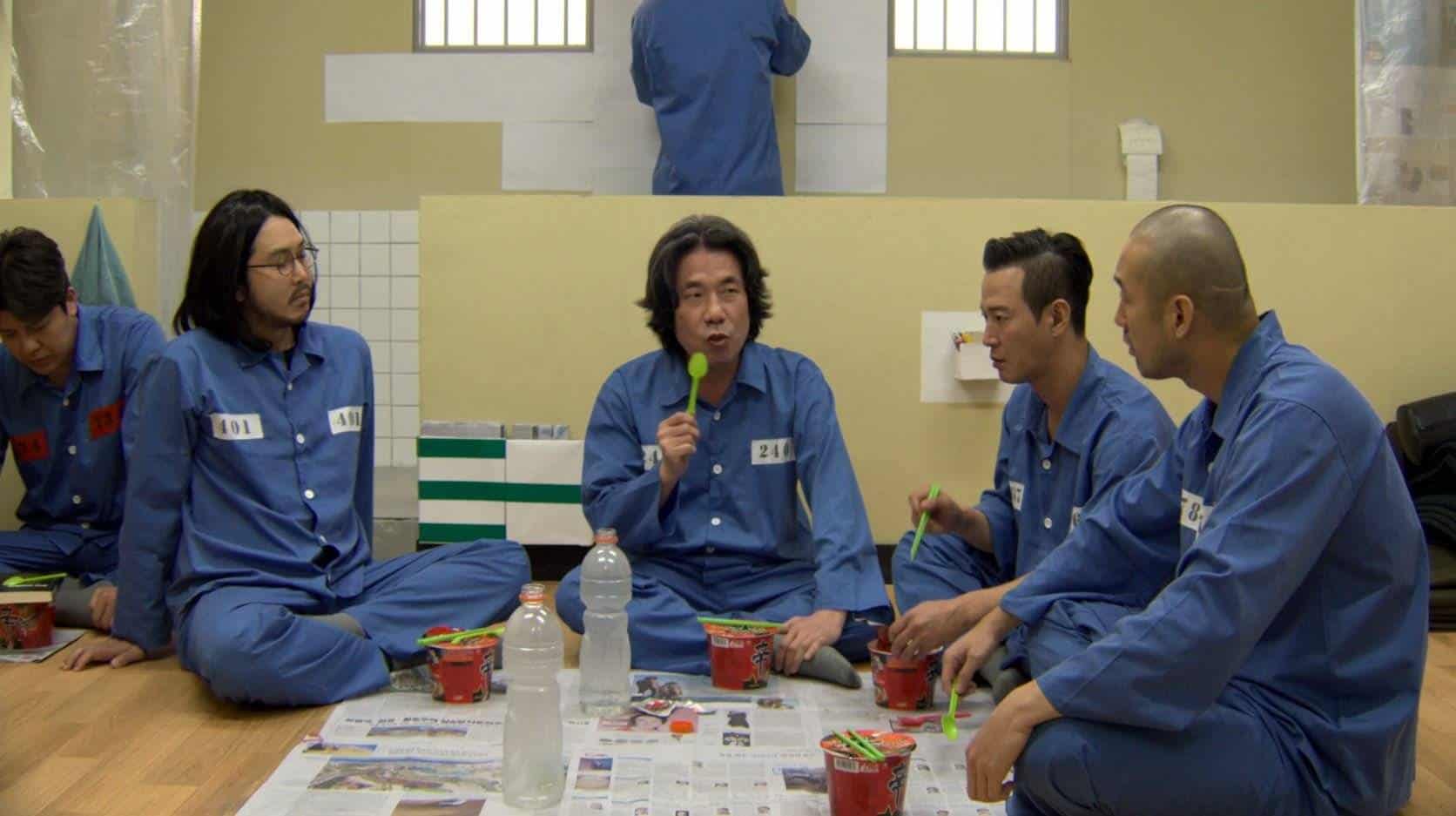It is fair to say that Hirokazu Koreeda is a master of the sentimental family drama, with earlier films such as “Nobody Knows” (2004) and his recent string of lauded dramas “I Wish” (2011), “Like Father, Like Son” (2013) and “Our Little Sister” (2015), all of which deal with the relationships between parents and siblings. Writing and directing almost all of his films himself, has allowed Koreeda to develop a recognisable style of his own that is beautiful and plaintive.
Buy This Title
“I Wish” (2011) tells the story of two young boys, separated by their parents as they plot to be re-united. The older brother Koichi (Koki Maeda) lives with his mother Nozomi (Nene Otsuka), while the younger brother Ryunosuke (Oshiro Maeda) lives with his musician father Kenji (Joe Odagiri). Koichi hears a rumour that once the new Shinkansen bullet train is running, if you can stand at the point of the track where the two trains pass one another, you can make a wish that will come true. He calls his brother to tell him and the two arrange to meet at that point and wish for their parents to be re-united.
It soon becomes clear that while Koichi is desperate for this reunion, his younger brother is less enthusiastic (although he clearly loves his elder sibling). The film moves between both brothers and their respective lives. Both Koichi and Ryunosuke have their own group of friends and their parents are happily separated. The film remains delicately balanced between a sort of charming adventure story, with the kids all attempting the impossible, and a more plaintive discussion about the effect that divorce can have on children. While you are smiling at their incredibly realistic conversations and various dreams and wishes that only non-cynical children might have, there is also a sadness that you know that miracles are impossible.
It is interesting to note that writer Koreeda had not finalised a script for this film before he cast the child actors, as he wanted to incorporate their ideas into the story. This becomes obvious as the conversations are so naturalistic and do not sound like an adult writing for children. Their dialogue is funny and vibrant, particularly the phone conversations of the two brothers. In one scene, where the children speak about their personal wishes, you can tell that this is unscripted and it helps give the scene emotional impact. The central plot is not particularly complex, as you can see from above it could be summarized quite succinctly, yet Koreeda manages to incorporate a number of side-characters and build a world that you just want to learn more about.
The direction is fantastic with hand-held camera work. Cinematographer Yutaka Yamazaki creates a rural idyll and captures the everyday beauty of the world. As with other Koreeda films of the genre, there is a great reliance on ideas of seasons and the natural world to accentuate the themes of growth and interconnectedness in the film. The film trips along at its own steady pace, but is rarely boring. As it moves between the two locations of the brothers, we are always looking forward to returning to the other, so it helps keep the plot moving.
The child actors in the film, who carry the majority of the scenes, do a superb job. The two brothers, Koichi and Ryunosuke are played by real life brothers Koki and Oshiro Maeda, and you can tell that they have great chemistry on screen. The younger brother is especially easy to warm to, with his cheeky grin and carefree attitude, while the elder gives a more thoughtful performance, his character being the more troubled by their separation. Their parents, played by Nene Otsuka and Joe Odagiri, also do a fantastic job in their supporting roles. They also do a great job of mirroring the child that they are responsible for. This means that the more serious mother and son are paired, as with the more relaxed father and son, creating a great little side theme on the nature-nurture debate. Although this is not particularly expanded upon here (it would later be the basis for the film “Like Father, Like Son” (2015), it shows exceptional skill that Koreeda thinks to include little details like this. The same is true of the group of friends each boy has. It is hard to tell how much is ad-libbed or down to their performance and how much credit must go to the writer, but everything about it is so believable it seems as though he simply turned the camera on and filmed real life.
Highly recommended for fans of Hirokazu Koreeda's other family dramas, “I Wish” is a great feel good film. However cynical you may be at the beginning, you become so drawn to these characters and swept along with their adventure that you really start to believe that miracles can come true.


